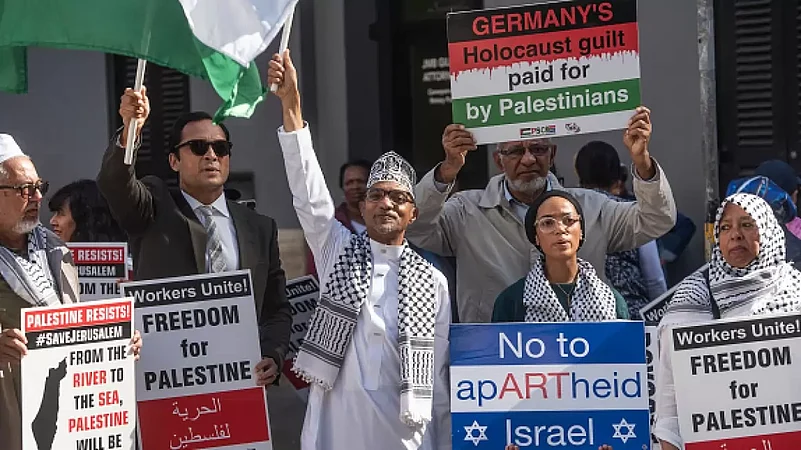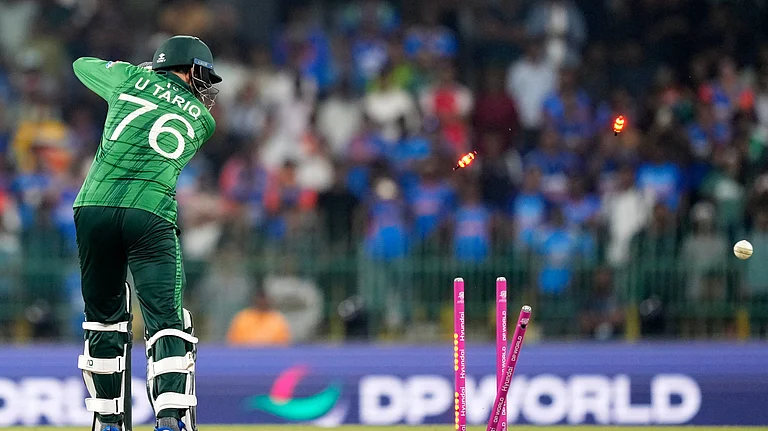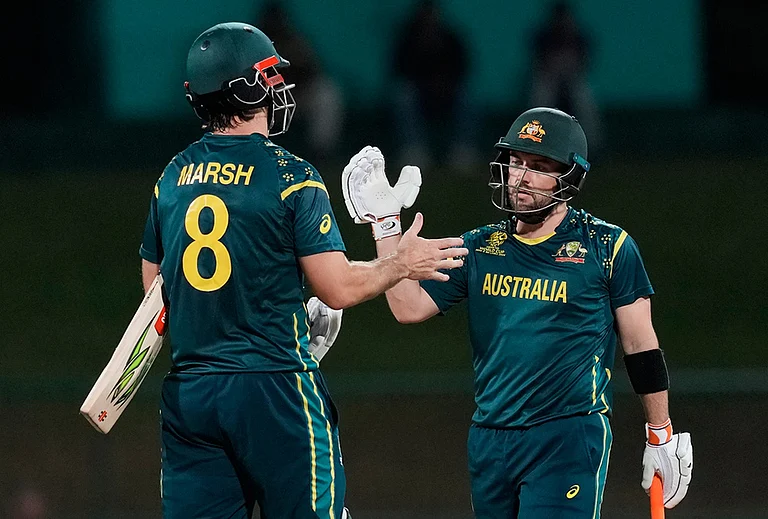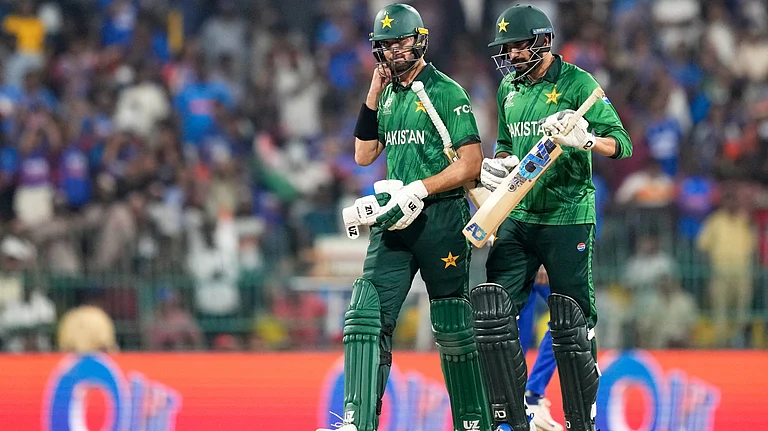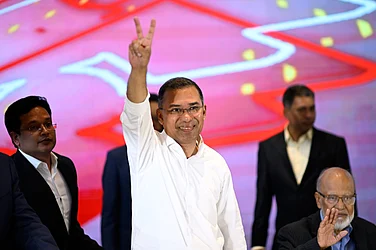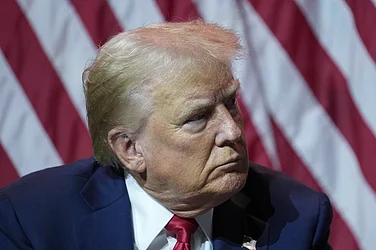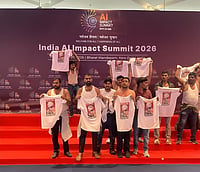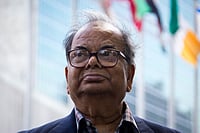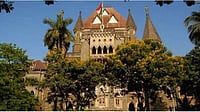Amid Israel’s ongoing war on Gaza, the International Court of Justice will begin hearings from tomorrow on a case of genocide filed against Israel. Filed by South Africa, the petition accuses Israel of committing ‘genocidal acts’ against Palestinians and urges judges to order Israel to “immediately suspend its military operations” in Gaza.
Although the ICJ’s decisions are legally binding, it has limited power to enforce them. However, the move by the African nation is a significant step further in international condemnation of the war at a time when Israel’s offensive has killed over 21,000 people in Gaza.
What are the major allegations against Israel?
South Africa in its 84-page petition has formally accused Israel of committing genocide in Gaza, which, it says, violated the 1948 Genocide Convention, which defines genocide as "acts committed with intent to destroy, in whole or in part, a national, ethnical, racial, or religious group."
To corroborate its allegations of genocidal killings, the petition details specific accounts that draw from statements and reports by United Nations chiefs and bodies and other NGOs, as well as eye-witness accounts from Gaza — including from Palestinian journalists on the ground.
The petition lists Israel’s failure to provide food, water, medicines and other essential resources including humanitarian aid to the Gaza strip for more than three months now.
Further, South Africa pointed out that Israel’s sustained bombing campaign has killed over 23,000 people, including over 7,729 children, according to Gaza health officials, led to forced evacuation of over 1.9 million Palestinians and turned much of the enclave into waste. More than 355,000 Palestinian homes have been destroyed in addition to the ‘relentless assault’ on the Palestinian medical and healthcare system.
Beyond the accusation of genocide, South Africa has alleged that Israel violated other aspects of international law in Gaza, including the Geneva Convention – that basically set out how soldiers and civilians should be treated in war.
The African nation urged the President of the Court to protect the Palestinian people in Gaza by calling upon Israel immediately to halt all military attacks that constitute or give rise to violations of the Genocide Convention.
What evidence has South Africa provided?
Apart from physical attacks, repeated statements by Israeli State representatives, including at the highest levels, by the Israeli President, Prime Minister, and Minister of Defence express genocidal intent – South Africa stated in its petition.
One such statement it listed was by Israeli President Isaac Herzog on October 12 when he declared that there was no differentiation between armed fighters and civilians in Gaza. "It's an entire nation out there that is responsible. It’s not true this rhetoric about civilians not aware, not involved. It’s absolutely not true. … and we will fight until we break their backbone."
Another such statement by Prime Minister Benjamin Netanyahu, in which he said, “We are not stopping. We are continuing to fight, and we are deepening the fighting in the coming days, and this will be a long battle and it is not close to being over," – indicates an intent to intensify the offensive despite extensive destruction and casualties.
Israeli Minister of Defence Yoav Gallant in an Israeli Army ‘situation update’ stated that they were fighting ‘human animals’ and ‘acting accordingly’.
What will happen in the hearings?
The hearings at the ICJ will happen on January 11 and 12. Both countries will be allotted two hours each to present their side of the case on separate days. The major decision that is likely to come out of this hearing will either be for or against emergency measures.
The court usually takes one or two weeks to issue a decision on emergency measures after the hearings, as per past records of decision-making by the court. However, a final decision on South Africa’s allegations of genocidal killings will only be taken after a hearing of the case on merits, which is likely to take a couple of years.
Some emergency measures that South Africa has suggested include immediate suspension of Israeli military operations in Gaza, measures to preserve any evidence related to the underlying case against Israel and for Israel to give regular reports of steps taken to carry out such emergency measures.






